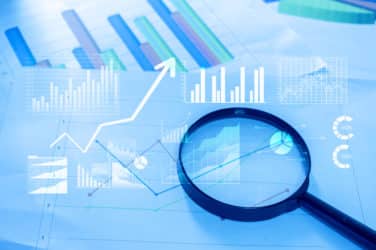
Identifying exposures next to impossible without LEIs.
Identifying counterparty exposure is a primary goal of reforms taken in the aftermath of the financial crisis. But with a lack of a universal legal entity identifier, or LEI, linking all the relevant information and getting a full overview of an entity is next to impossible.
“The lack of a global LEI is a severe problem,” said Tony Freeman, executive director of industry relations at Omgeo, a provider of post-trade processing services, during a webinar.
The need for a global LEI system to replace the patchwork of domestic systems in place is acute.
“Many markets have local identifiers which work well on a domestic basis,” Freeman said. “However, while the proposal to create global LEI may be duplicative with exiting domestic market programs, it’s essential for a global system to be launched.”
A joint report issued by the Committee on Payment and Settlement Systems (CPSS) and the International Organization of Securities Commissions (IOSCO) recommends the creation of a system of LEIs and international work to develop an international product classification system for OTC derivatives.
In the United States, the Commodity Futures Trading Commission (CFTC) and Securities and Exchange Commission (SEC) have proposed analogous proposals for a universal, global reporting standard.
The CFTC proposes a universal, international standard consisting of three unique identifiers to facilitate data aggregation by regulators across counterparties, asset classes and transactions: a Unique Counterparty Identifier (UCI), a Unique Swap Identifier (USI) and a Unique Product Identifier (UPI).
Development of a global system for uniquely identifying counterparties to financial transactions is taking place through a coalition of industry service providers and international standard-setting bodies. “LEI is a solid example of the public and private sectors partnering to address a problem,” said Freeman.
As the financial industry’s selected facilities manager for the project, Depository Trust & Clearing Corporation (DTCC) has responsibility for gathering, validating, storing and distributing various data on each legal entity. The other organizations involved include the International Organization for Standards (ISO), the Society for Worldwide Interbank Financial Telecommunication (SWIFT) and the Association of National Numbering Agencies (ANNA).






